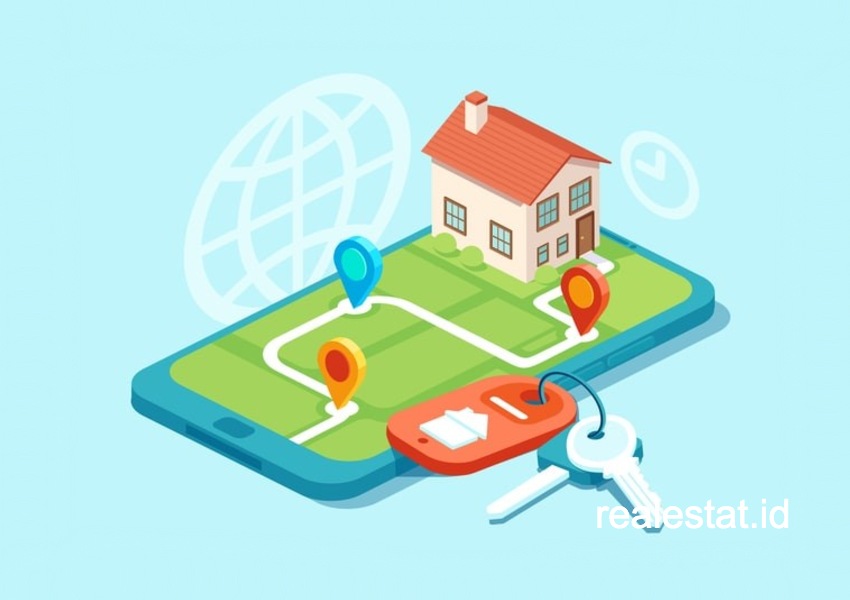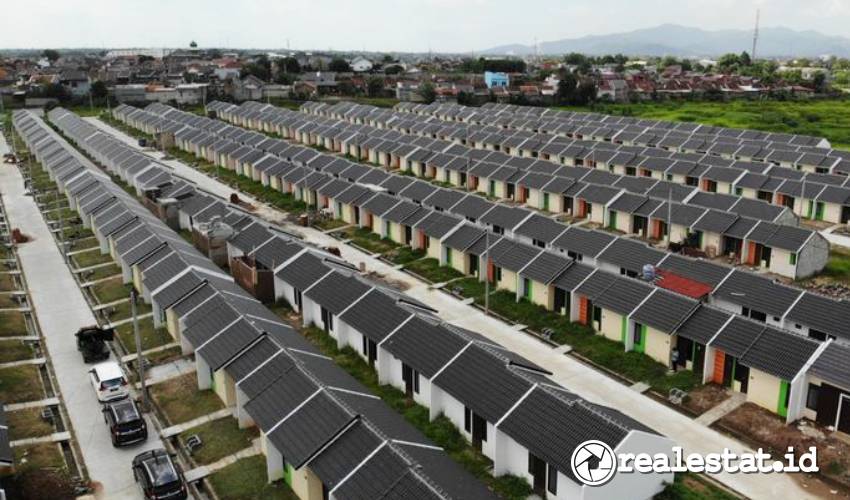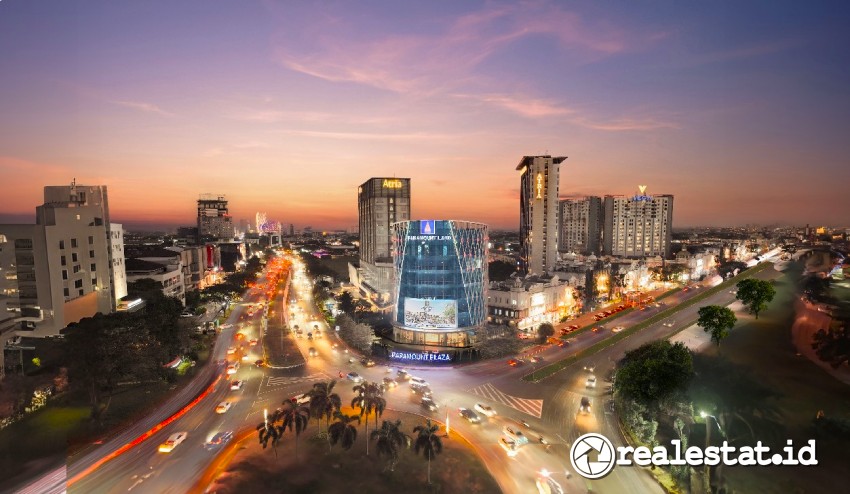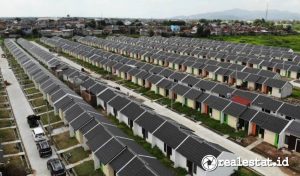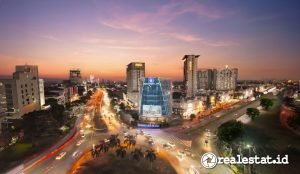RealEstat.id (Jakarta) – During the COVID-19 pandemic that changed people’s lives, adjustments needed to be made in various sectors, including Property investment and property development. Responding to these conditions, Colliers International Indonesia released insight to provide recommendations to developers, property owners and occupiers.
Steve Atherton, Head of Capital Markets, Colliers International Indonesia, commented, when things are slow and markets depressed, investors look for lower prices and good purchase opportunities. In the context of a post-COVID-19 pandemic environment, most investors and developers are reconsidering all their capital decisions and hedging their risks.
“Therefore, at a time like this, investors or developers who buy or acquire a property do not really expect immediate ROI or yield in the near future. If there are no positive signs of market recovery, it can be a good time for them to make improvements and prepare their properties to adjust to new standards,” said Steve Atherton.
Read More: Riyadh Group Indonesia and ICHC to Develop Halal Tourism Industry in Indonesia
Monica Koesnovagril, Head of Advisory Services, Colliers International Indonesia mentioned, developers will need to provide breakthroughs and create products that are affordable and prioritise health safety, so that tenants and buyers remain interested. This applies to all products, from landed residential to high-rise apartment buildings, retail, office, and industrial.
“It is important because tenants and buyers will conduct a cost-benefit analysis to calculate which options will be more profitable and useful for their businesses, employees and customers. Higher expectations from tenants and buyers should be anticipated by the developer,” Monica Koesnovagril said.
Property Asset Classes: Soaring and Recovering
Colliers International Indonesia see that industrial property such as logistics/warehousing and data centres are two property asset classes that have been the healthiest. As far as an asset class, logistics properties are developed for third-party logistics companies, e-commerce businesses, fast-moving consumer goods, and food services.
These types of logistics buildings are largely older, existing buildings, and Colliers can see that demand is starting to move towards newer, high-tech logistics facilities. For data centres, regulators in Indonesia are starting to require more localised information, so the data centre industry may have a bright future.
On the other side, office sector and hotel still need time to recover. As an asset class going forward, office space may be under pressure in the short to medium term, with companies re-envisaging how much office space they will really need, and how they will use it differently.
We can see that Indonesia could have a healthier turnaround for retail and hotels because domestic consumption will return once people are allowed to get back to business. Hotel occupancy should scale back up within a year or so and get back to where it was before the pandemic.
Rethinking new concepts, thinking outside the box and new breakthroughs need to start now. We could see specific high demand in an area driving the repurposing of a building where that demand has to be met (versus the former use). This may happen in secondary cities as well. It will be important for developers, investors and owners to apply new strategies and establish new ways going forward for property usage that will best meet their customers’ business objectives.



